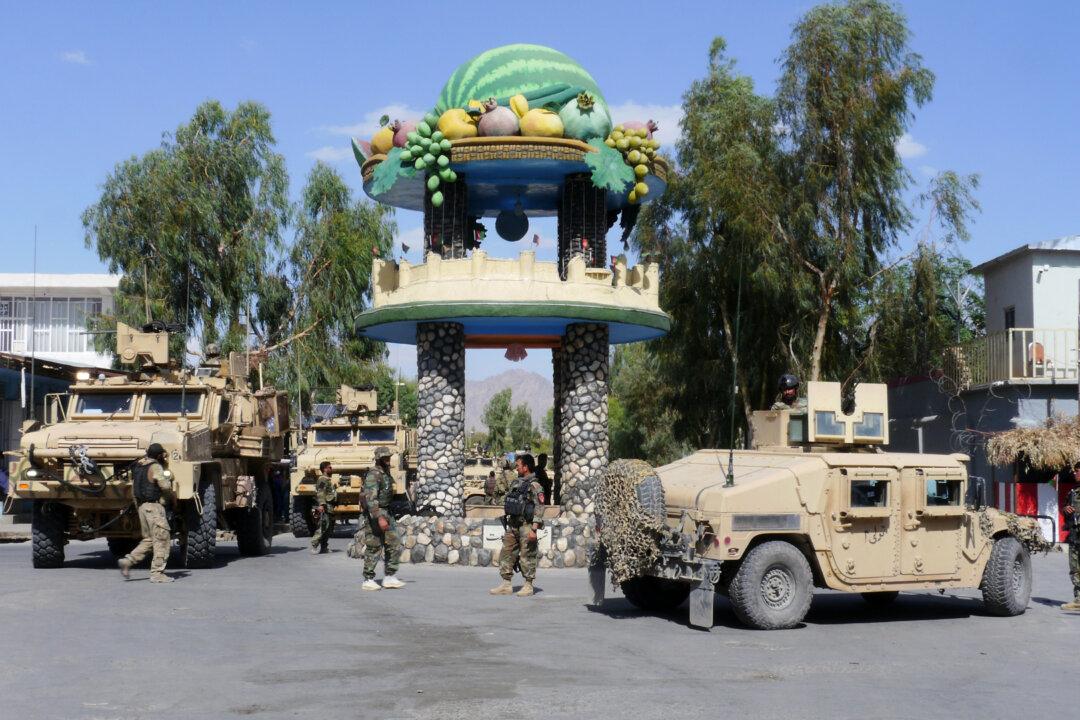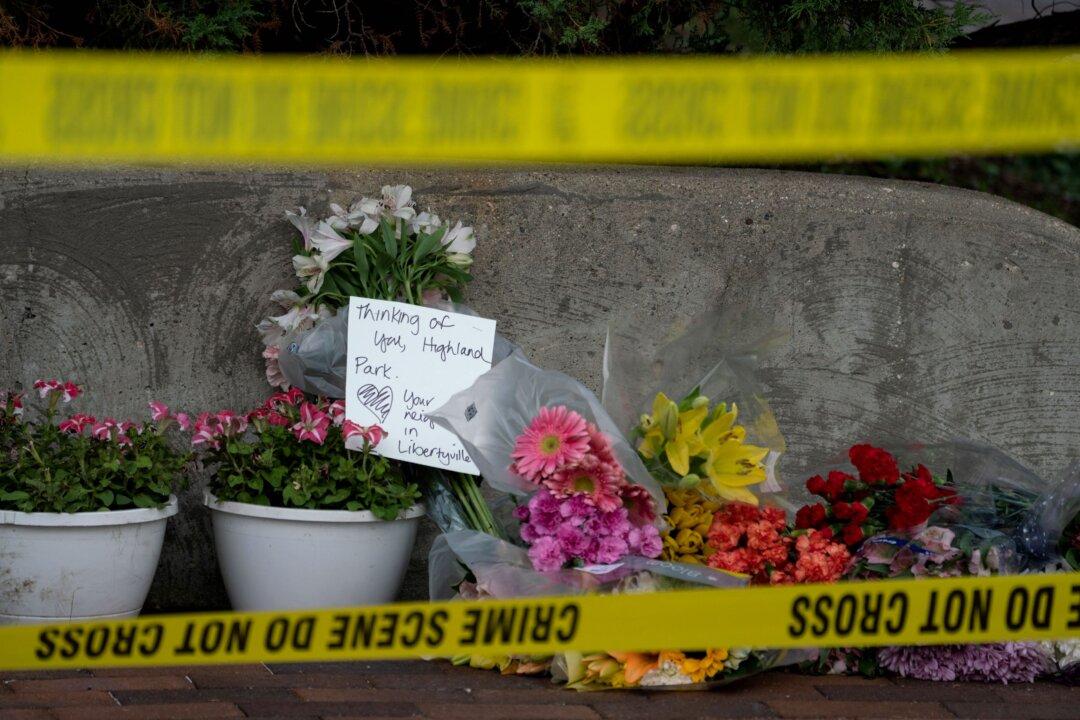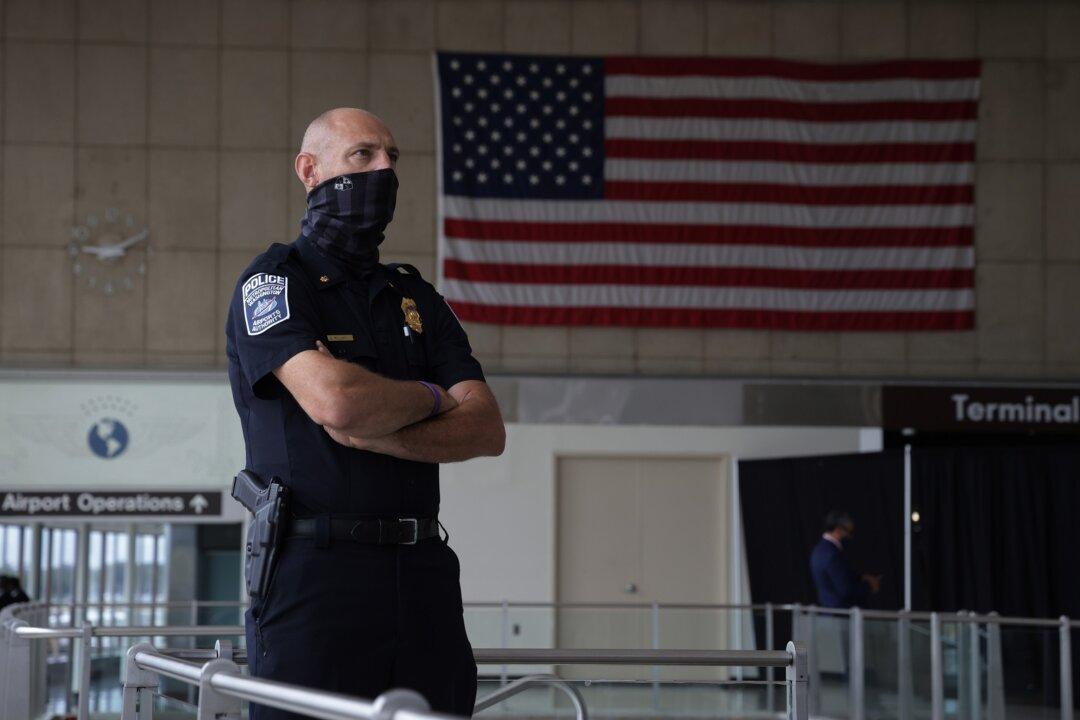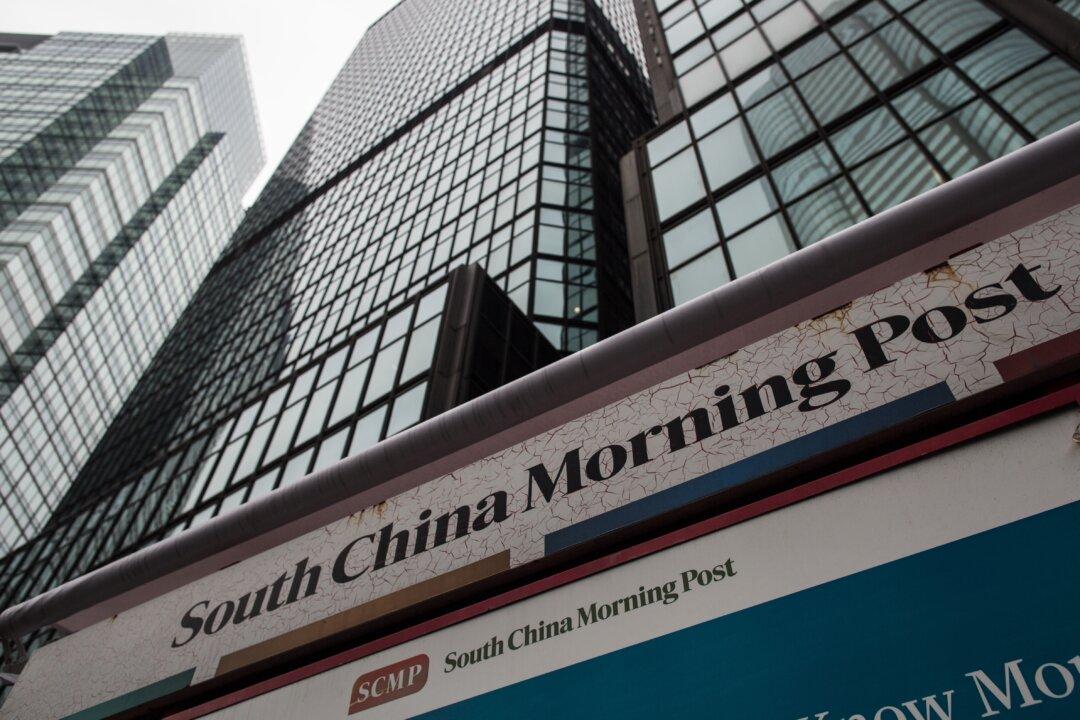Uzbekistan’s ambassador to the United States, Javlon Vakhabov, confirmed his government “had very substantive talks” with a Taliban delegation visiting his nation last August, reportedly to discuss the Afghanistan peace process and withdrawal of foreign forces.
The Taliban, a fundamentalist Islamic dictatorship, held control of Afghanistan for the five years leading up to the al-Qaida attack against the United States on Sept. 11, 2001, until a U.S.-led coalition ousted them from power in response, and has battled them ever since.





